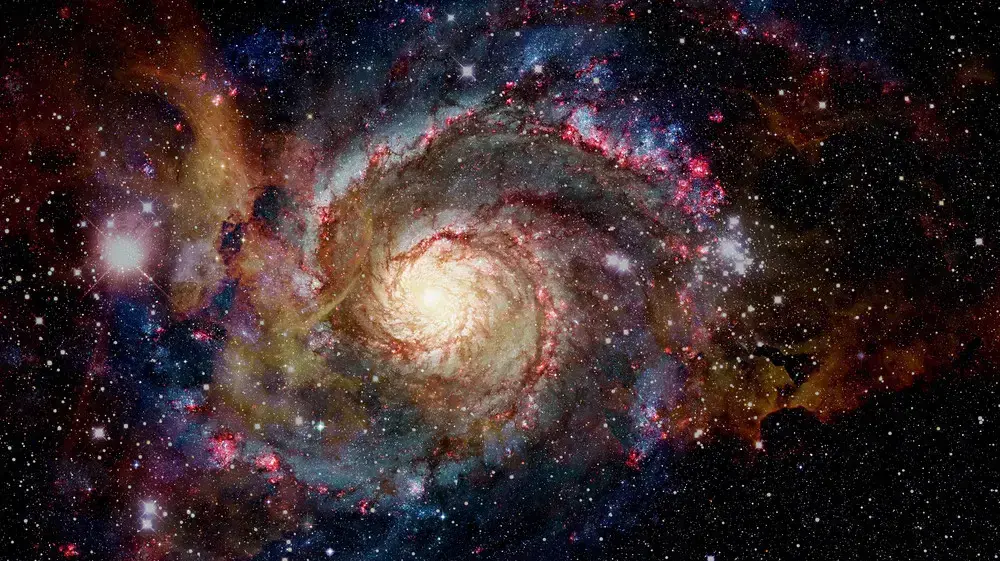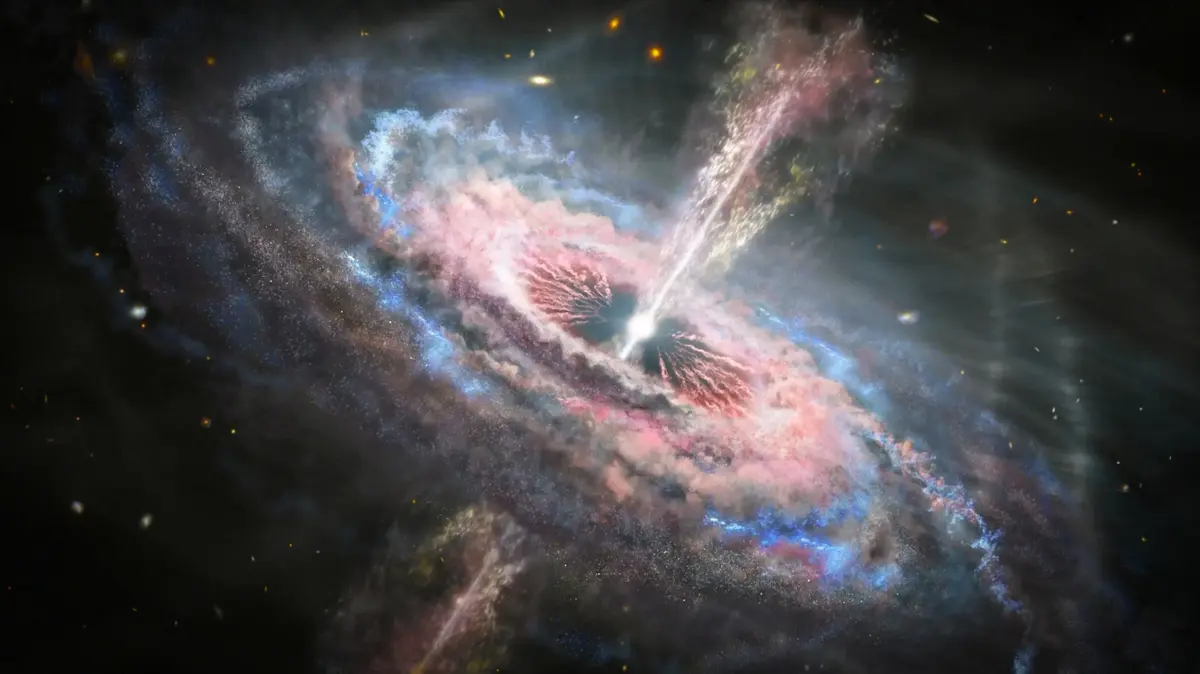Researchers have identified an eruption of radio waves coming from a distant galaxy
Astronomers have discovered a rapid and repeated burst of radio waves coming from a distant galaxy that lasts longer than previous radio bursts.
"There are not many things in the universe that emit completely periodic signals," said one researcher
Walla!
technology
17/07/2022
Sunday, 17 July 2022, 10:20 Updated: 10:21
Share on Facebook
Share on WhatsApp
Share on Twitter
Share on Email
Share on general
Comments
Comments
Imaging: Far Galaxy (Photo: ShutterStock)
Amazing discovery: Astronomers have discovered a rapid and repeated burst of radio waves coming from a distant galaxy.
Rapid radio bursts (FRBs) are powerful eruptions of radio waves from galaxies billions of light-years from Earth.
These radio bursts are usually one-time events that last only a few milliseconds before they dissipate.
The radio burst that has just been discovered lasts longer than previous radio bursts.
The so-called new signal - FRB 20191221A - lasts up to three seconds, making it 1,000 times longer than the average FRB.
In addition, it also has the most repetitive and obvious pattern discovered so far.
"It was unusual," said researcher Daniela Mitchili of the Massachusetts Institute of Technology (MIT) Cowley for the study of astrophysics and space.
"Not only was it very long and lasted about three seconds, but the signal was consistent and emitted every fraction of a second - 'boom, boom, boom' - like a heartbeat. This is the first time the signal is periodic."
"It was unusual."
Imaging: Radio signals reach Earth (Photo: Jingchuan Yu, Beijing Planetarium)
Next, the researchers will try to capture more bursts from the same source, which could help find out more unequivocally what causes these FRBs.
In addition, the research team hopes that the discovered radio burst could be used as a kind of "astrophysical clock" thanks to its most reliable periodicity.
Thanks to the fact that the frequency of the radio burst will change as the source moves away from the Earth, these changes can be used to measure the expansion of the universe.
Good to know (promoted)
The secret to improving your sex life - now on a special sale
Served on behalf of "Gabra"
Since they were first discovered in 2007, high-speed radio bursts have been a mystery to astronomers.
Experts have been able to track these eruptions into the galaxy, but have not discovered the exact source of the emission.
According to the suspicion, those responsible for the emission of the waves are a type of neutron star called radio pulsars and magnets, and the new discovery seems to indicate that this theory is correct.
"There are not many things in the universe that emit completely periodic signals," Mikili said.
"We think this new signal could be a magnet or a pulsar on steroids."
Pulsars are fast-moving neutron stars that emit intense radiation, while magnets are stellar remnants with extremely strong magnetic fields.
All types of neutron stars are formed when massive stars reach the end of their lives, the fuel for their nuclear fusion runs out, and they can withstand a gravitational collapse.
As a result, a massive supernova explodes, leaving a cosmic relic.
A neutron star is so dense that one teaspoon of its constituent material weighs 3.9 trillion kilograms.
Now, research on FRB 20191221A can help astrophysicists better understand these objects and their origin.
technology
Tags
galaxy
aliens











